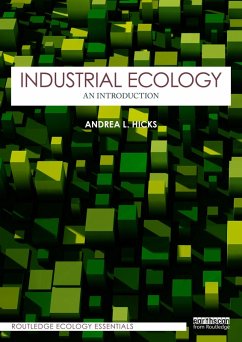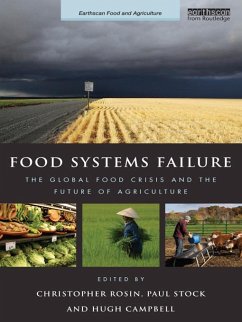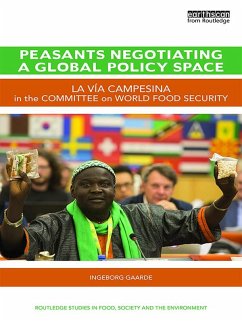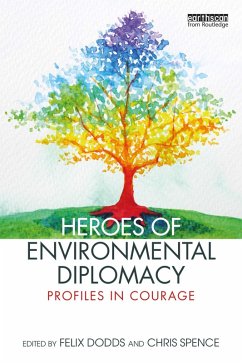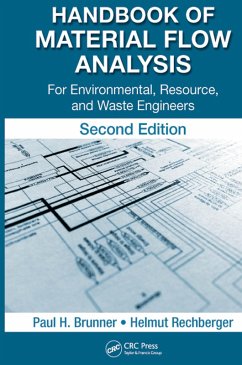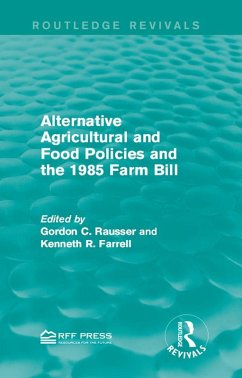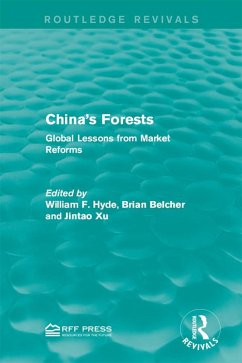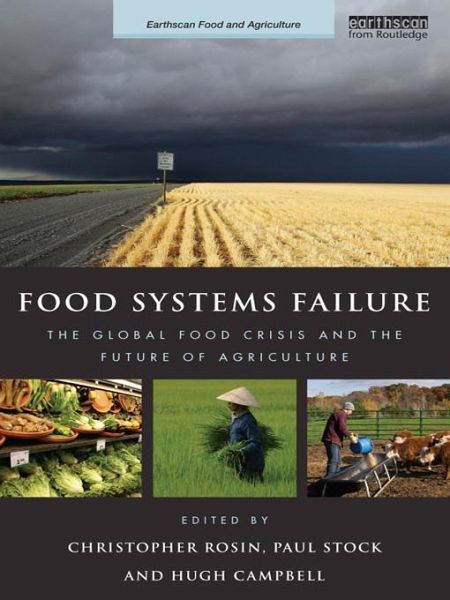
Food Systems Failure (eBook, ePUB)
The Global Food Crisis and the Future of Agriculture
Redaktion: Rosin, Christopher; Campbell, Hugh; Stock, Paul
Versandkostenfrei!
Sofort per Download lieferbar
55,95 €
inkl. MwSt.
Weitere Ausgaben:

PAYBACK Punkte
28 °P sammeln!
This book provides a critical assessment of the contemporary global food system in light of the heightening food crisis, as evidence of its failure to achieve food security for the world's population. A key aspect of this failure is identified in the neoliberal strategies which emphasize industrial efficiencies, commodity production and free trade-ideologies that underlie agricultural and food policies in what are frequently referred to as 'developed countries'.The book examines both the contradictions in the global food system as well as the implications of existing ideologies of production a...
This book provides a critical assessment of the contemporary global food system in light of the heightening food crisis, as evidence of its failure to achieve food security for the world's population. A key aspect of this failure is identified in the neoliberal strategies which emphasize industrial efficiencies, commodity production and free trade-ideologies that underlie agricultural and food policies in what are frequently referred to as 'developed countries'.
The book examines both the contradictions in the global food system as well as the implications of existing ideologies of production associated with commodity industrial agriculture using evidence from relevant international case studies. The book's first section presents the context of the food crisis with contributions from leading international academics and food policy activists, including climate scientists, ecologists and social scientists. These contributions identify current contradictions in policy and practice that impede solutions to the food crisis. Set within this context, the second section assesses current conditions in the global food system, including economic viability, sustainability and productivity. Case study analyses of regions exposed to neoliberal policy at the production end of the system provide insights into both current challenges to feeding the world, as well as alternative strategies for creating a more just and moral food system.
The book examines both the contradictions in the global food system as well as the implications of existing ideologies of production associated with commodity industrial agriculture using evidence from relevant international case studies. The book's first section presents the context of the food crisis with contributions from leading international academics and food policy activists, including climate scientists, ecologists and social scientists. These contributions identify current contradictions in policy and practice that impede solutions to the food crisis. Set within this context, the second section assesses current conditions in the global food system, including economic viability, sustainability and productivity. Case study analyses of regions exposed to neoliberal policy at the production end of the system provide insights into both current challenges to feeding the world, as well as alternative strategies for creating a more just and moral food system.
Dieser Download kann aus rechtlichen Gründen nur mit Rechnungsadresse in A, B, BG, CY, CZ, D, DK, EW, E, FIN, F, GR, HR, H, IRL, I, LT, L, LR, M, NL, PL, P, R, S, SLO, SK ausgeliefert werden.




